‘Indigenous not same as disadvantage’, says Kerrynne Liddle
Indigenous is not a byword for disadvantage and much of the Left’s ‘truth-telling’ ignores the nation’s many Aboriginal and Torres Strait Islander success stories, the Liberal Party’s new voice on Aboriginal affairs warns.
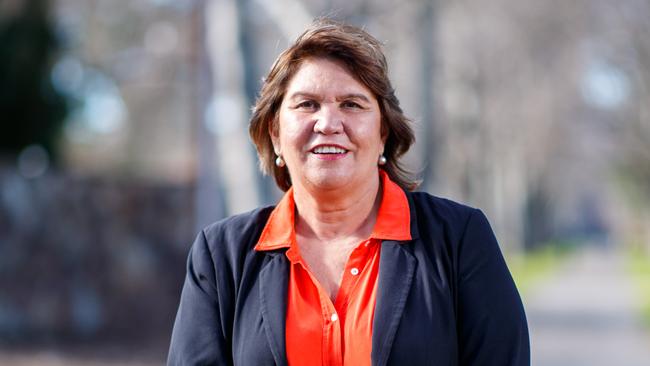
Indigenous is not a byword for disadvantage and much of the Left’s “truth-telling” ignores the nation’s many Aboriginal and Torres Strait Islander success stories, the Liberal Party’s new voice on Aboriginal affairs warns.
Kerrynne Liddle, an Arrernte woman from Central Australia, has declared that sound Indigenous policy begins with nailing down good services to the nation’s most vulnerable communities.
Senator Liddle appears likely to clash with the nation’s most prominent Indigenous body, the Coalition of Peaks, as she ramps up her calls for a government crackdown on service providers in Aboriginal communities.
Many are Aboriginal corporations that are signed up to do this work in the national Closing the Gap agreement. However, Senator Liddle said too many of these organisations were not accountable to their impoverished Aboriginal clients or to the taxpayer.
Senator Liddle stressed that Australia’s most vulnerable citizens – those who needed the government’s help – were not all Aboriginal and Torres Strait Islander people. Likewise, there were many Indigenous Australians doing well in business without government assistance and Labor should learn from them.
“I’m talking about making sure that we actually recognise that Aboriginal and Torres Strait Islander people are a cohort in the Australian community but not everyone in that cohort identifies or is defined by the same parameters,” she said in an interview with The Australian on Thursday.
“It is disingenuous to suggest that every Aboriginal person is impoverished because that is not true. There are many Aboriginal and Torres Strait Islander people working well and effectively in organisations.
Senator Liddle cited as an example of inconsistency in activist truth-telling the fact non-profit organisation Supply Nation, which helps Indigenous businesses seeking government and corporate contracts, “only represents one-third of indigenous businesses that we know are out there”.
“So two-thirds have operated quite effectively on their own without having to register with what is effectively an Aboriginal support program funded by the commonwealth,” she said. “What we don’t do enough of is asking those people who have been successful: how did they get there?”
Senator Liddle, who has worked in senior roles at Santos and Voyages’ Ayers Rock Resort, opposed the proposal for an Indigenous voice to parliament.
On Thursday, she said Indigenous people in remote communities did not speak to her about a rights-based approach to Indigenous affairs but needed immediate practical help.
One example was a family living on a concrete slab at Alice Springs. She said service providers came and went but none thought it was their responsibility to help the family find accommodation. Three years on, after Senator Liddle intervened, the family is living safely together in a house and the children are doing well.
“They did not say to me ‘can you fix colonisation?’; they did not say to me ‘can you please fix Closing the Gap?’; they did not say to me ‘can we please talk about treaty?’; they said ‘can you please help us?’” Senator Liddle said. “They were concerned about the issues that were in front of them right away, which was getting into safety so they can take care of themselves.”
Senator Liddle said her approach to Indigenous affairs would be “localised”.
“I will ask what is it that people actually need? And at the front of that is those frontline services,” she said.
“We need better accountability of governance in those services that deliver to the most vulnerable people whether they are Indigenous or (not).
“At the moment there are over 3000 Aboriginal community-controlled organisations registered and half of those haven’t actually complied with their reporting obligations with the regulator. It is not good enough when they are on the frontline … we have had organisations that have hoovered up government grants that haven’t delivered what they said they were going to deliver.”
Senator Liddle said examples included a health service in Ceduna in remote South Australia that received grant funding for a building but had not broken dirt two years later. Another example was chaos at the North Australian Aboriginal Justice Agency in the Northern Territory.
“NAAJA was clearly a disaster, which saw people going unrepresented and a legal service overwhelmed after the alcohol restrictions were lifted in the Northern Territory and yet it took a very long time … Vulnerable people suffered,” she said.
Senator Liddle said vulnerable people also suffered when Labor withdrew the cashless debit card from communities.
“They are still suffering,” she said. “There were mostly negative effects from the removal of that card – negative effects in welfare, safety and violence, gambling, addiction. It’s there and yet (Labor) still argues that is not how it has actually fallen out.
“But you ask anybody that has lived in those places and they will tell you different.”
Senator Liddle intends to pursue the Albanese government over child-protection systems. Though these are run by the states and the NT, the commonwealth is involved as a funder and because it is a signatory to the Closing the Gap agreement that aims to reduce the over representation of Indigenous children in state care.


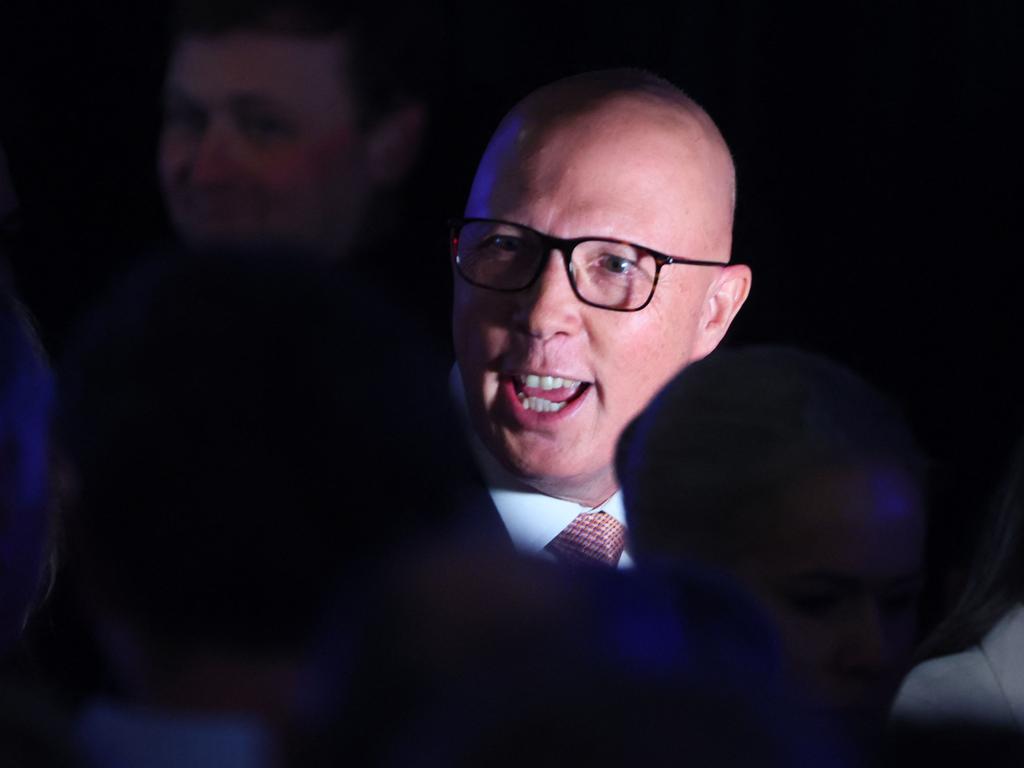
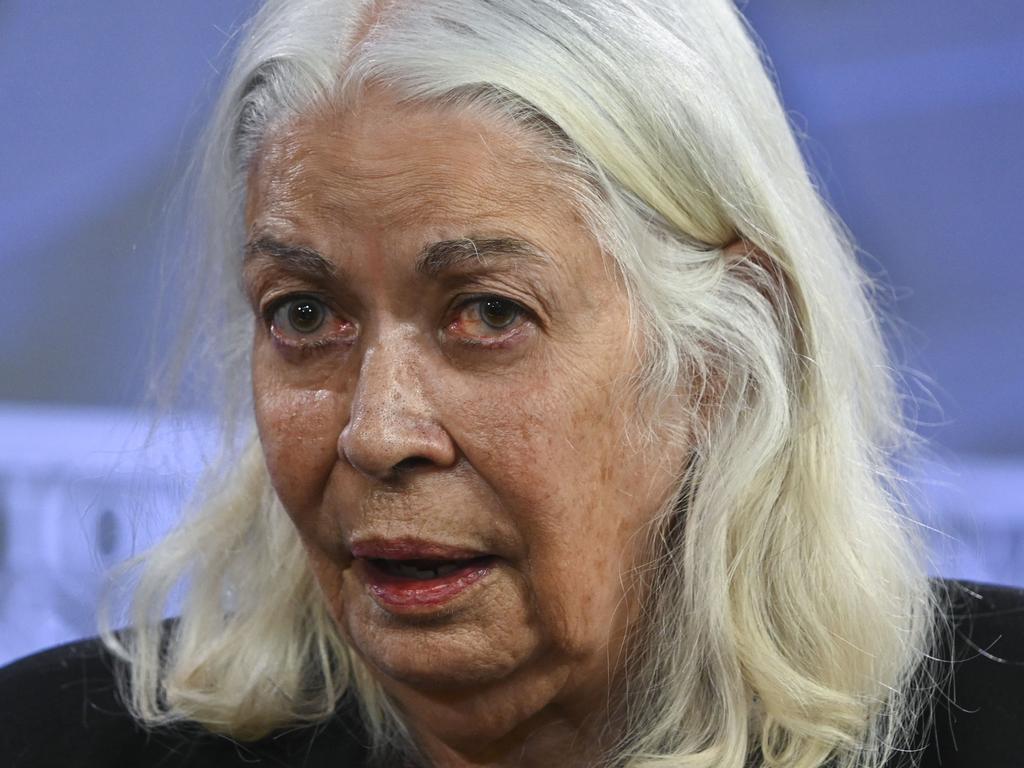
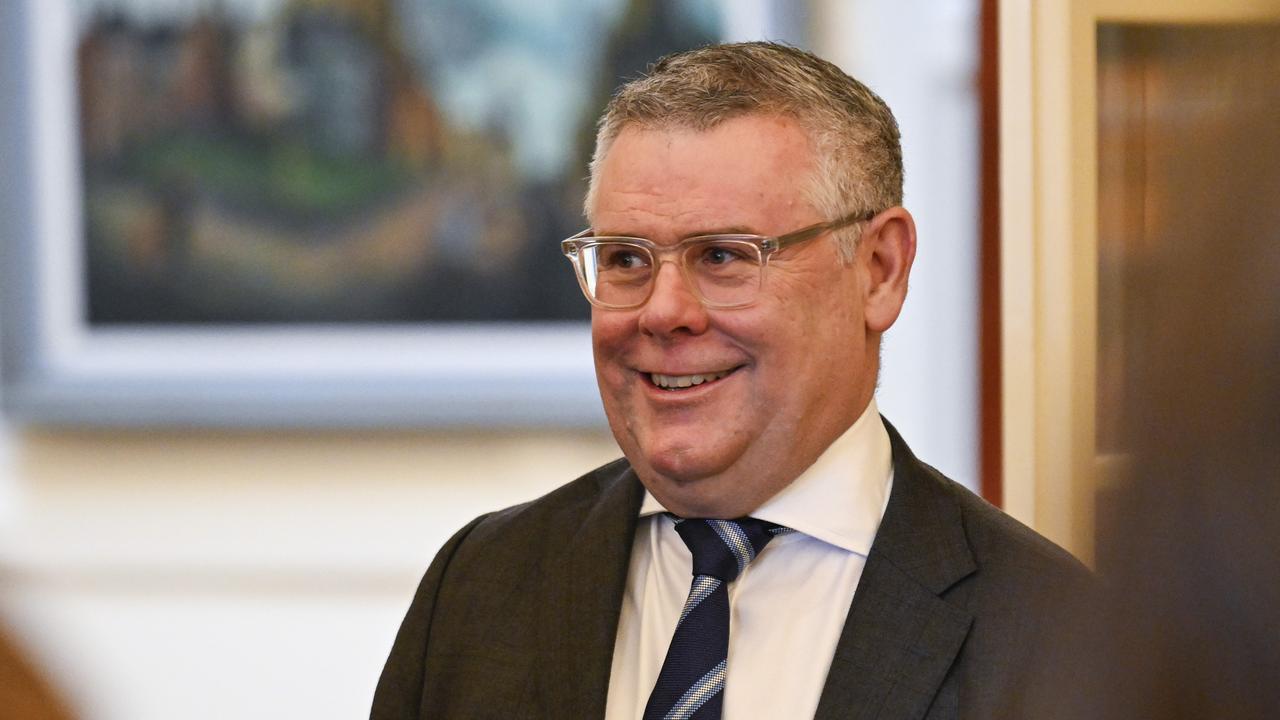
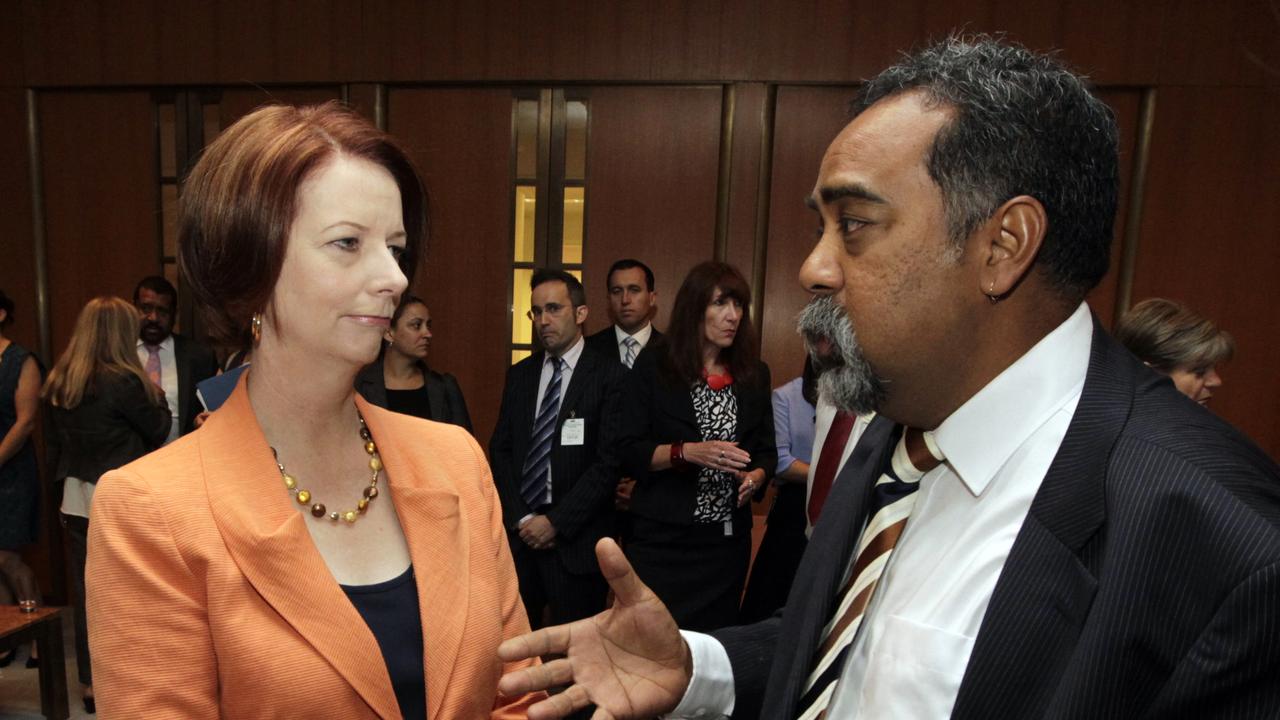
To join the conversation, please log in. Don't have an account? Register
Join the conversation, you are commenting as Logout